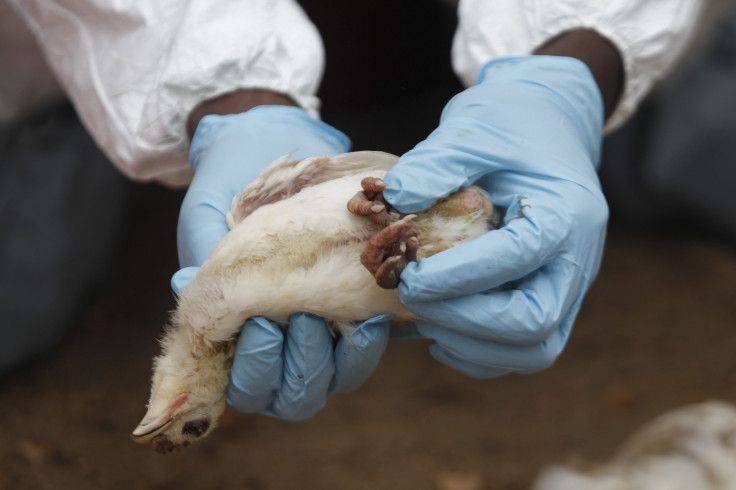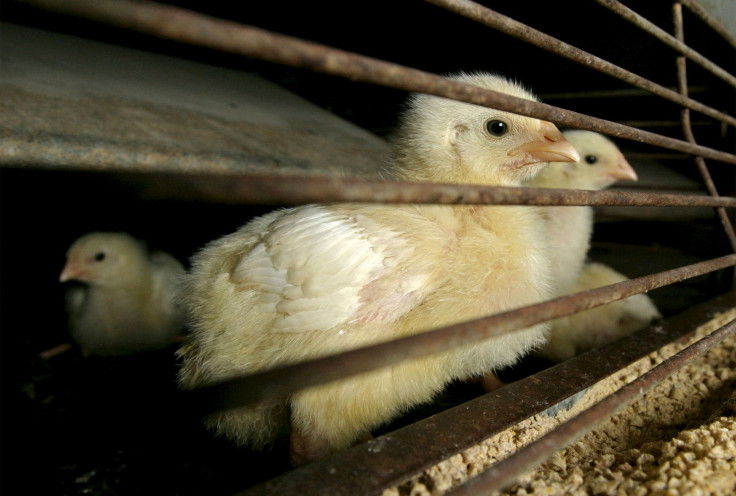First Adult Case Of H3N8 Bird Flu Infection In Humans Reported In China

A woman in southern China has become the third case of H3N8 bird flu infection in humans. Exposure to live poultry may have caused the transmission of the virus, according to local experts.
The Guangdong Provincial Center for Disease Control and Prevention (CDC) confirmed in a statement released Monday that a 56-year-old woman from China's Zhongshan City had contracted the H3N8 bird flu virus, BNO News reported.
The agency said the woman had exposure to live poultry before falling sick. Wild birds reportedly frequented an area near her home. Specific details about her condition have not been released. But the local CDC shared she has multiple myeloma and other underlying health conditions.
"No abnormalities have been found in close contacts so far. Experts believe that this is a sporadic case and the risk of virus transmission is low at this stage," the Guangdong CDC added.
The first two cases of H3N8 infection were reported last year. The first case was a 4-year-old boy in central China. His family's pets, a dog and a cat, got infected with the virus.
The second case was a 5-year-old boy in Hunan province. He was diagnosed in May 2022 but recovered quickly after manifesting only mild symptoms of the infection.
A previous strain of the virus was previously linked to the 1889 "Asiatic flu" or "Russian flu" pandemic. H3N8 is commonly found in birds. But it has also infected other animals, such as dogs and horses.
The woman is the first adult case since the virus was found to infect humans last year. Zhongshan City has a population of 4.4 million. However, no similar infections have been reported in the area thus far, according to the Center for Infectious Disease Research and Policy.
The news came a week after three leading flu vaccine makers, GSK Plc, Moderna and CSL Seqirus, confirmed they were preparing bird flu shots for humans amid the ongoing avian influenza outbreak caused by the H5N1 clade 2.3.4.4b.
The outbreak recorded around 58 million bird deaths as of January. It also prompted a steep increase in egg prices. U.S. health authorities have since dubbed it the worst bird flu outbreak to hit the country.

Published by Medicaldaily.com



























